7 Common Travel Mistakes Every RV Owner Has Made
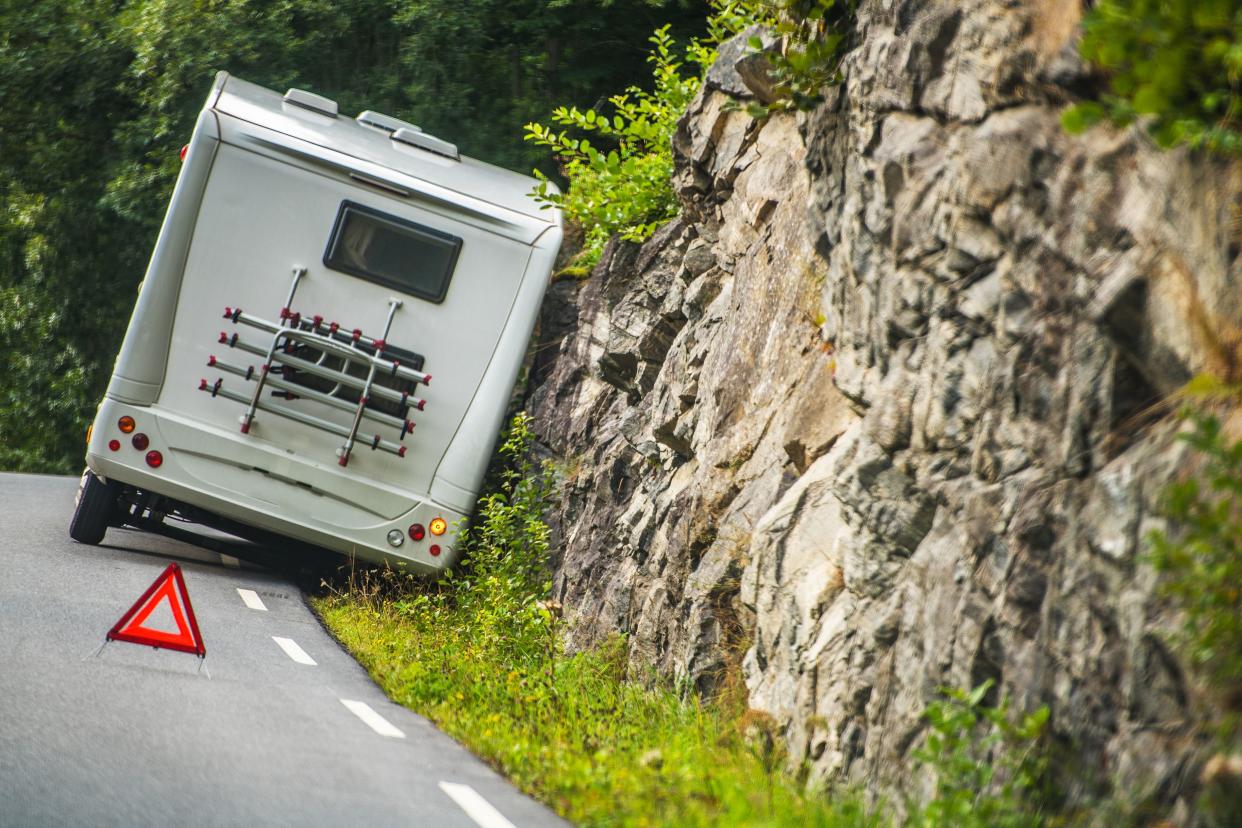
This article originally appeared on RVshare.com.
Whether you’re renting or buying your rig, preparing to hit the road is a super-exciting time — but also one rife with opportunity for error. While you’re all caught up in fantasizing about your next destination (don’t worry, we all do it!), you can easily forget about some surprisingly basic stuff. Like, um, not driving away while still hooked up to the sewer connection.
The thing is, no matter how well you prepare, RVing mistakes are going to happen. But just in case you’d like to minimize the level of “Oh, no” in your vacation, we put together a few of our own errors from experience, so you can hopefully avoid running into them.
Here are seven super-easy-to-make travel mistakes that the majority of RV owners have made … usually more than once.
Related: You Won't Believe These 25 RV Horror Stories
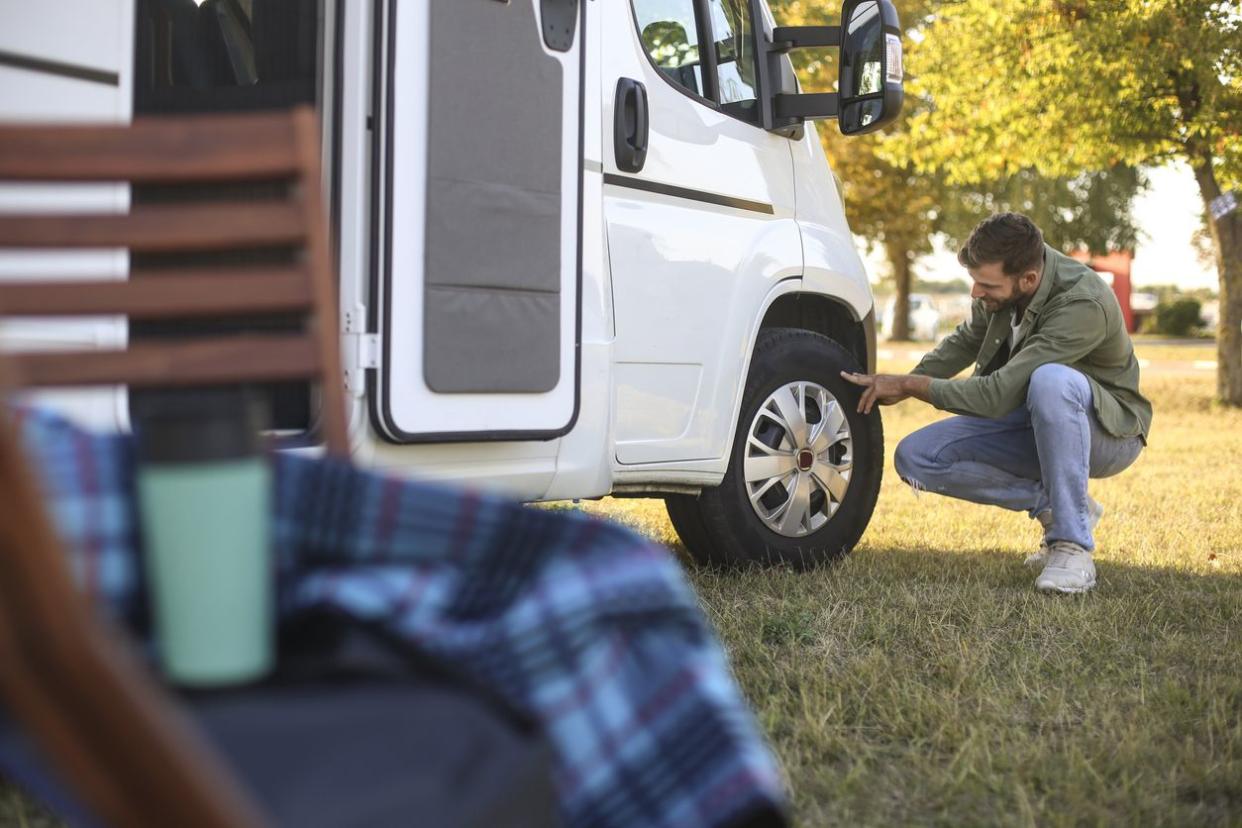
RVing isn’t very much like dating at all, except in this one way: You need to take the time to get familiar before you go too far. By which I mean, it’s best to learn the ins and outs of your RV before you’re stranded at dusk on some highway somewhere trying to figure out how to turn the lights on.
Of course, in your eagerness to hit the road, it can be tempting to throw that owner’s manual in the glove compartment and just go ahead and get started. But take it from us: you’ll be thanking yourself later when you don’t have to take an hour out of your trip to investigate something that ends up being very simple.
Related: How to Choose the Best RV Size for Your Trip

Whether you are a first timer or RV veteran remembering all of the tanks that come along with an RV is an easy thing to oversee. You don't only have the gas tank to think about but also the fresh water, grey water and propane. There is no worst feeling than getting to your spot for the evening to realize you don't have enough water to do the dishes or to carry with you the smell of an overfilled grey tank, yuck! If you often stay in campgrounds with hook ups then you have the peace of mind of having access to refill and dump stations, it is however exactly because of that easy access many RV owners forget to take care of tanks when headed out to park in a site with no hook ups. Plus, it is a general good rule of thumb to start any travel in you RV checking your tanks. Trust us, it is always better to be safe than sorry when it comes to your on board resources!
Related: All you need to know about your RV water tanks
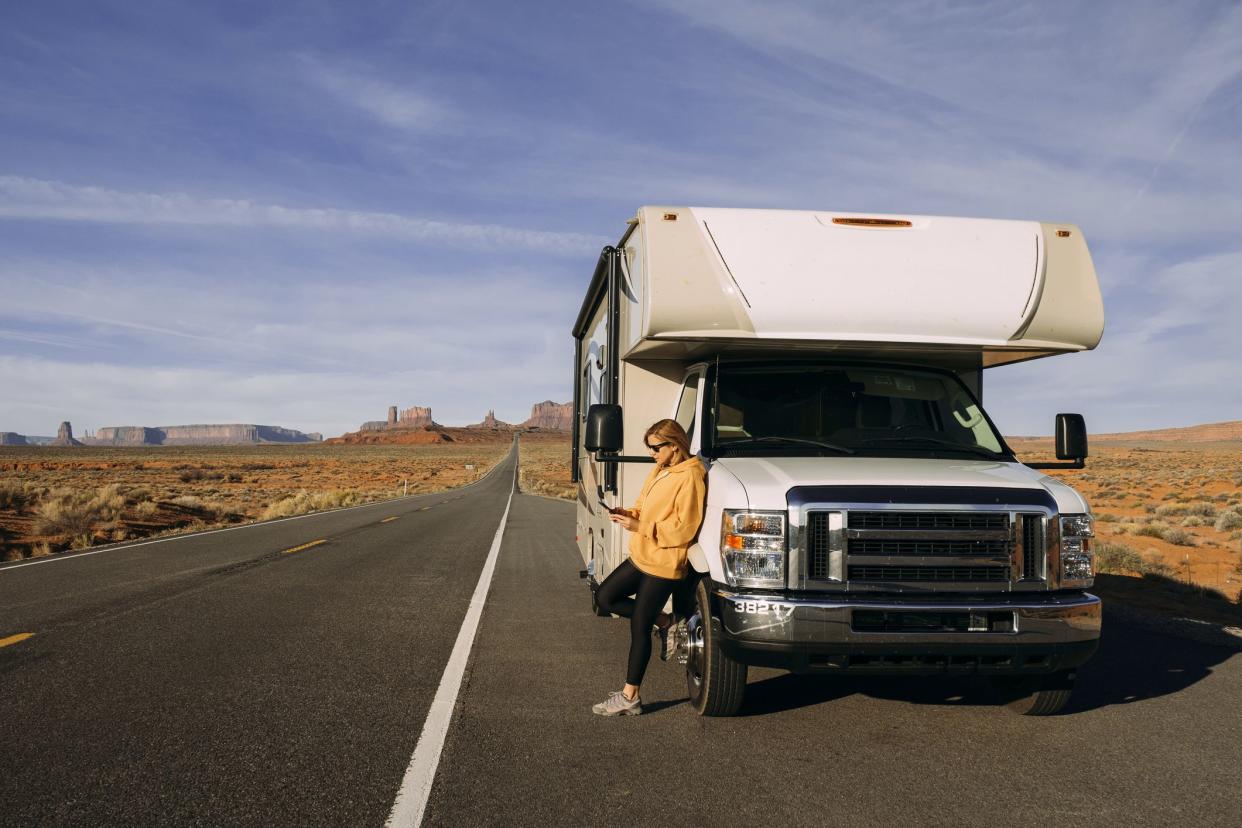
The freedom of the open road can be overwhelmingly exciting, and you might feel yourself develop the urge to go see everything, right now. But whether you’re taking a week, a month, or getting ready to become a full-time RVer, traveling too far at once is a sure way to wear yourself down and make yourself totally miserable.
Days where you have to move your RV will be pretty hectic. You have to pack up camp, drive to your destination, and get everything set back up again. You might not have the time or energy to do very much exploring once you get there. Give yourself at least a day (that is, two nights of camping) at each major stop on your trip, and consider limiting your driving to 300 miles or less (with the help of an RV-specific GPS). You’ll get to see more of each place you stop in, and you’ll be much more relaxed while you do so!
Related: Pro Tips for Planning the Ultimate RV Road Trip
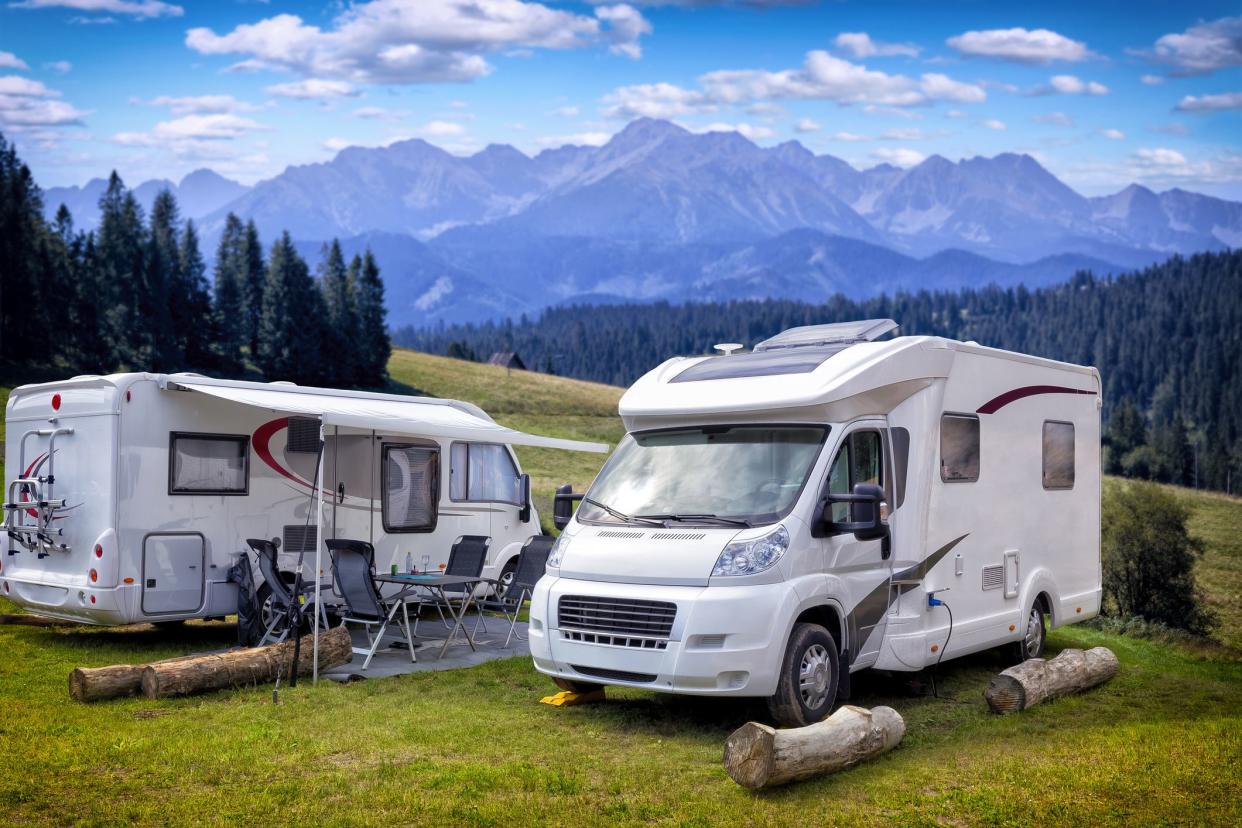
On its surface, camping can look incredibly affordable, especially if you’re used to air travel and hotel expenses. But camping fees, restaurant meals, and entertainment costs can quickly add up if you’re not careful. Don’t fall victim to sticker shock. Make sure you think realistically about your budget ahead of time, and add in an ample cushion for unexpected expenses.
Related: 12 Expert Tips for Saving Money on RV Living
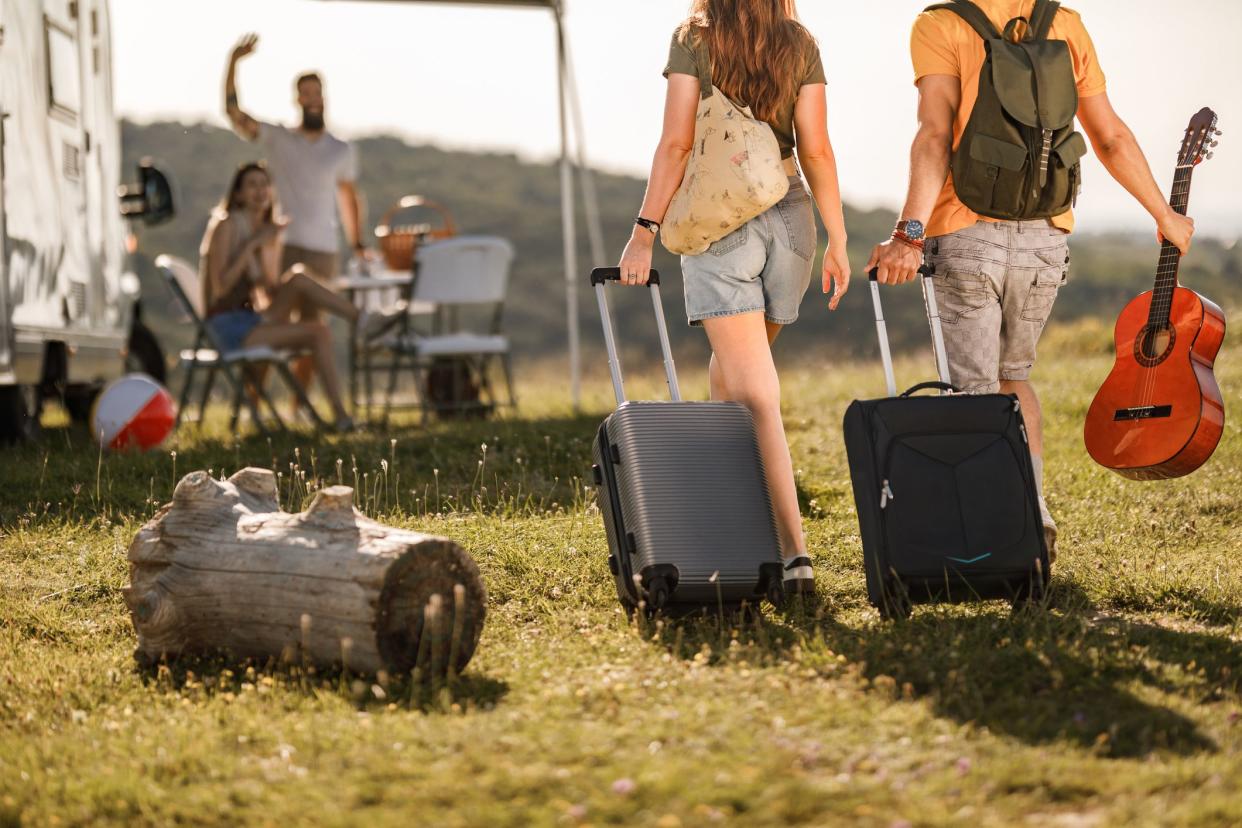
When you’re getting ready to hit the road, so many items seem vitally important. I mean, what happens if you get there and you don't have your print encyclopedia or best set of heels? You might need them! This tendency is even further amplified in an RV, which seems to have such capacious storage compared to a car or a suitcase. But take it from someone who’s somehow never broken the overpacking habit even after years of almost-constant travel: If you don’t use it every single day, you’re unlikely to miss it at your destination. And you might find that even some of the things you do use all the time are extraneous.
When you pack too much stuff into your RV, you’ll soon find your once-spacious rig claustrophobic and cluttered — not to mention the risk of going over its weight rating. Bring sensible clothing and shoes, sunscreen, and a towel, and you’ll probably be alright no matter where you’re going. And hey, laundry on the road is a thing, you know?
Related: RV Checklist: What Do You Need?
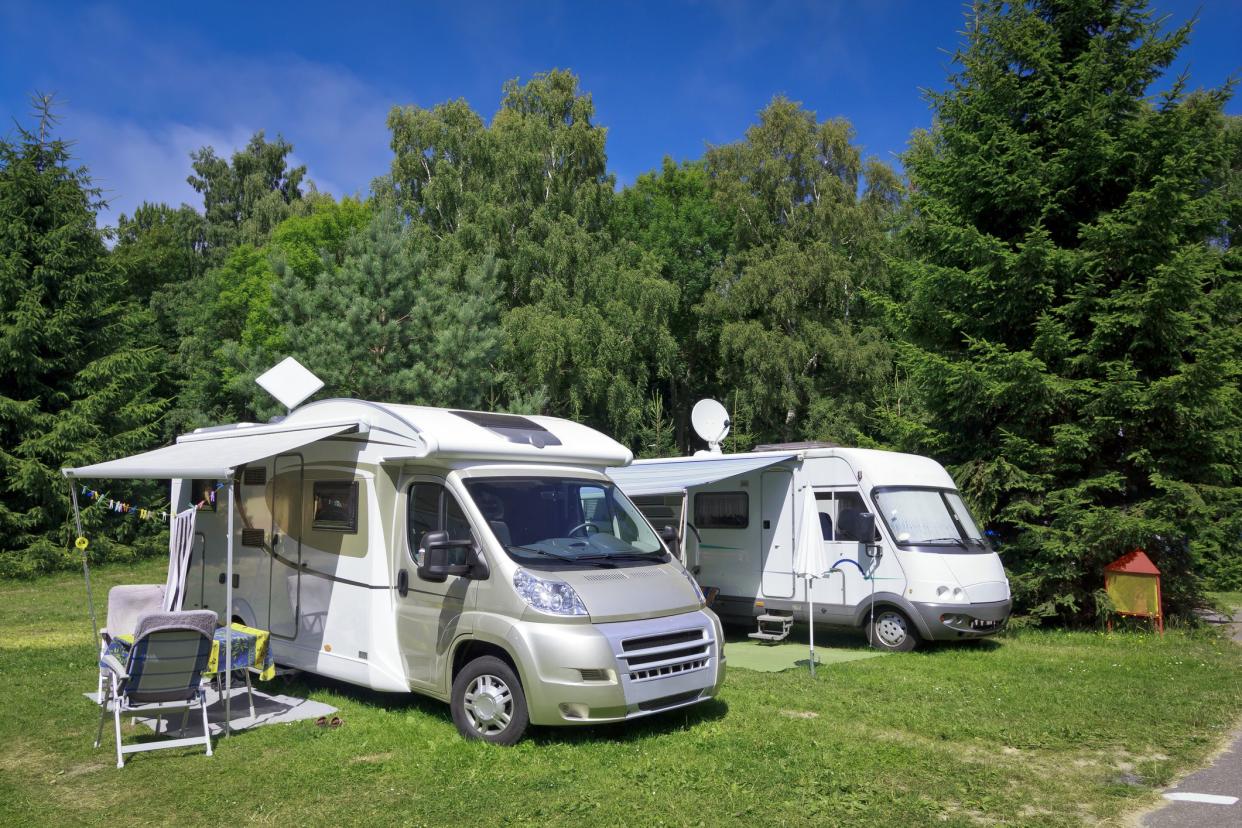
If there’s only one item on this list you remember when you set off on your camping trip, make it this: Whenever you’re about to move your RV, do a walk-around. Setting up camp involves lots of things that can be disastrous to forget about before moving, from extended satellite antennas to leveling blocks. And you definitely don’t want to drag your sewer line down the highway. So before you crank that engine, go ahead and give everything one last look, just to be sure. If you’re really forgetful, you might even consider these handy RVminders.
Related: 18 RV Accessories to Buy at Costco
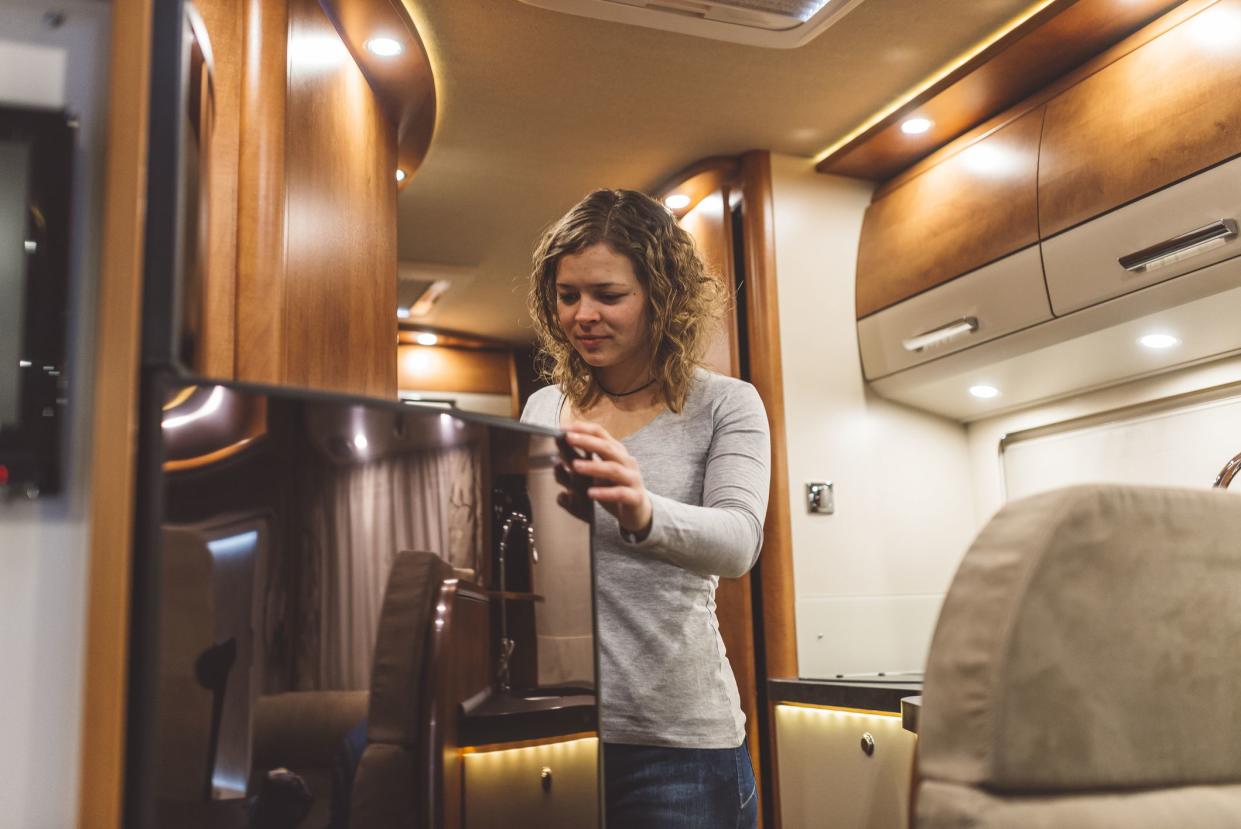
Your RV refrigerator is different from the one in your kitchen at home, and not just because it’s in motion. (Although that part matters, too — you’ll want to pack foods in such a way that they won’t spill while you’re driving!) An RV refrigerator has different mechanics than the household version, and that means it can only work effectively when your rig is level. In fact, running it tilted might even damage the unit, resulting in a costly repair bill … not to mention a heap of spoiled food!
Related: Knowing Your Refrigerator
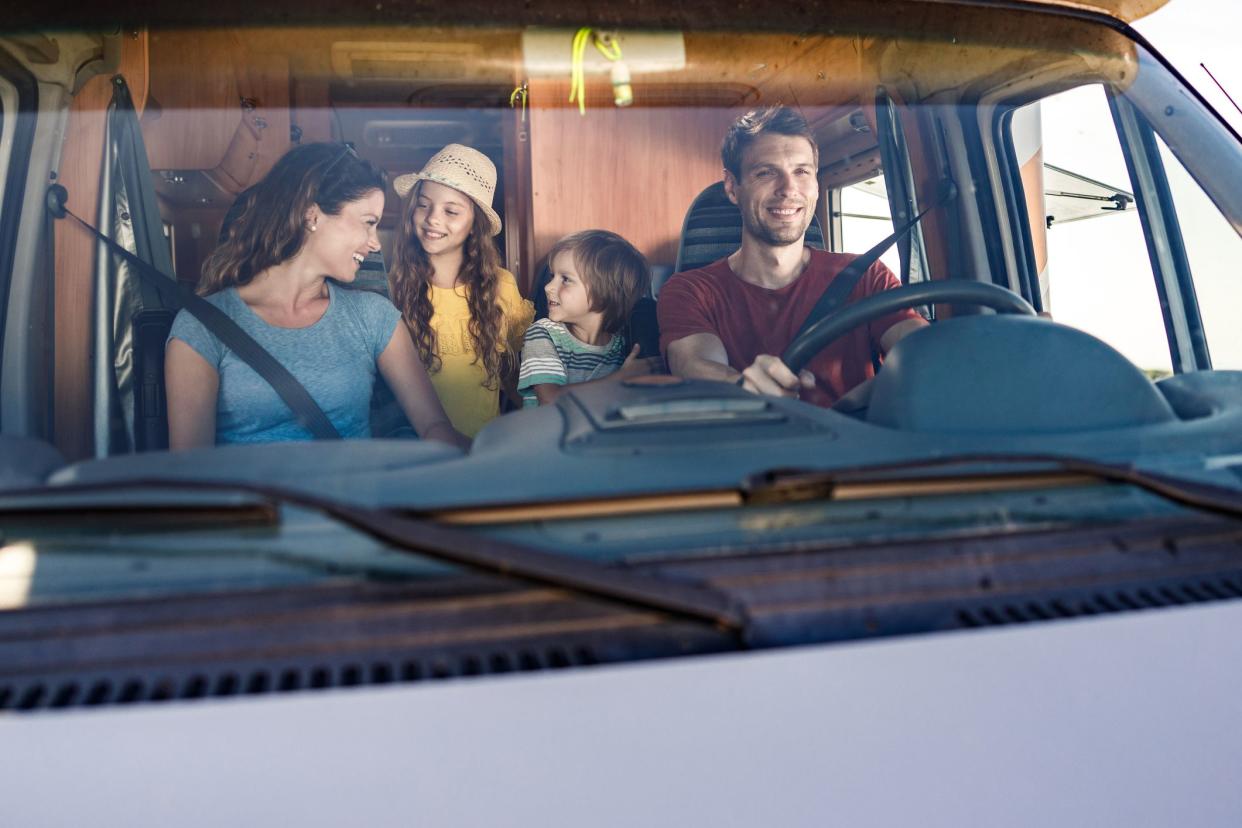
Obviously, this list could go on; even the most seasoned RVers constantly meet new challenges and learn new lessons on the road. But don't fret and go ahead and book that trip. RV mistakes happen to everyone, but it’s all part of the adventure. That said, if you’ve got any sage advice from your own travels … let us know! We don’t need to learn the hard way.
Related: 22 Important Things to Consider Before Buying an RV
